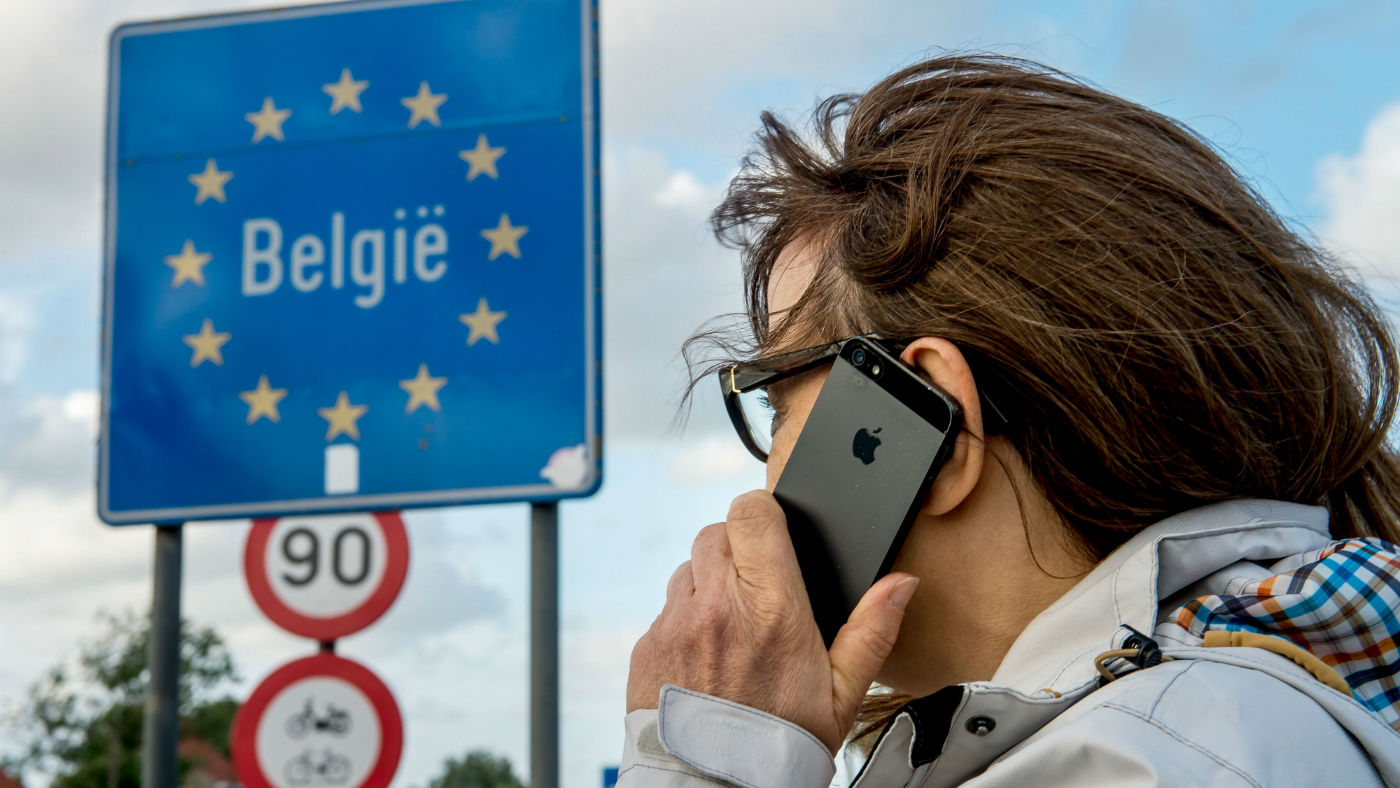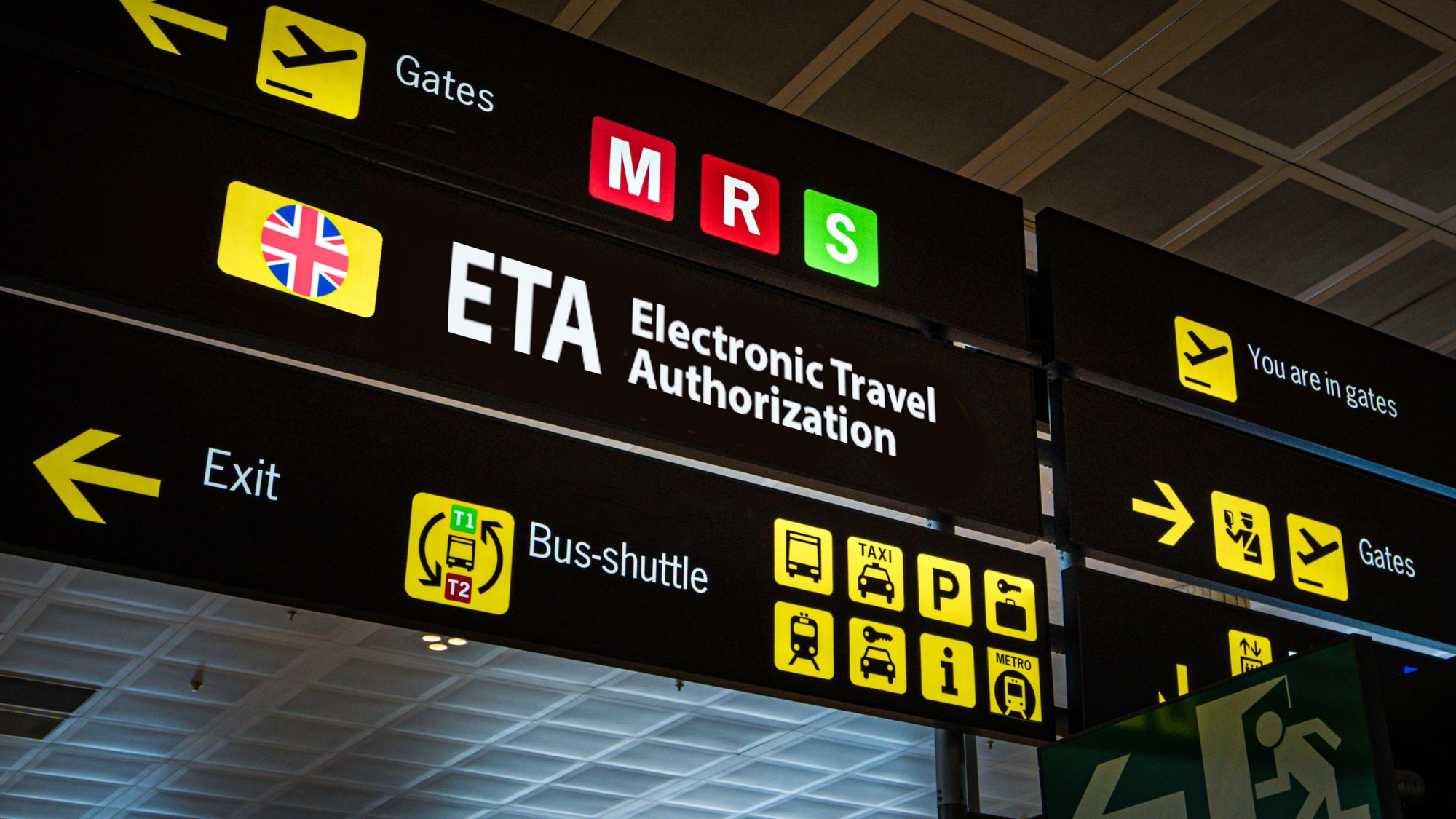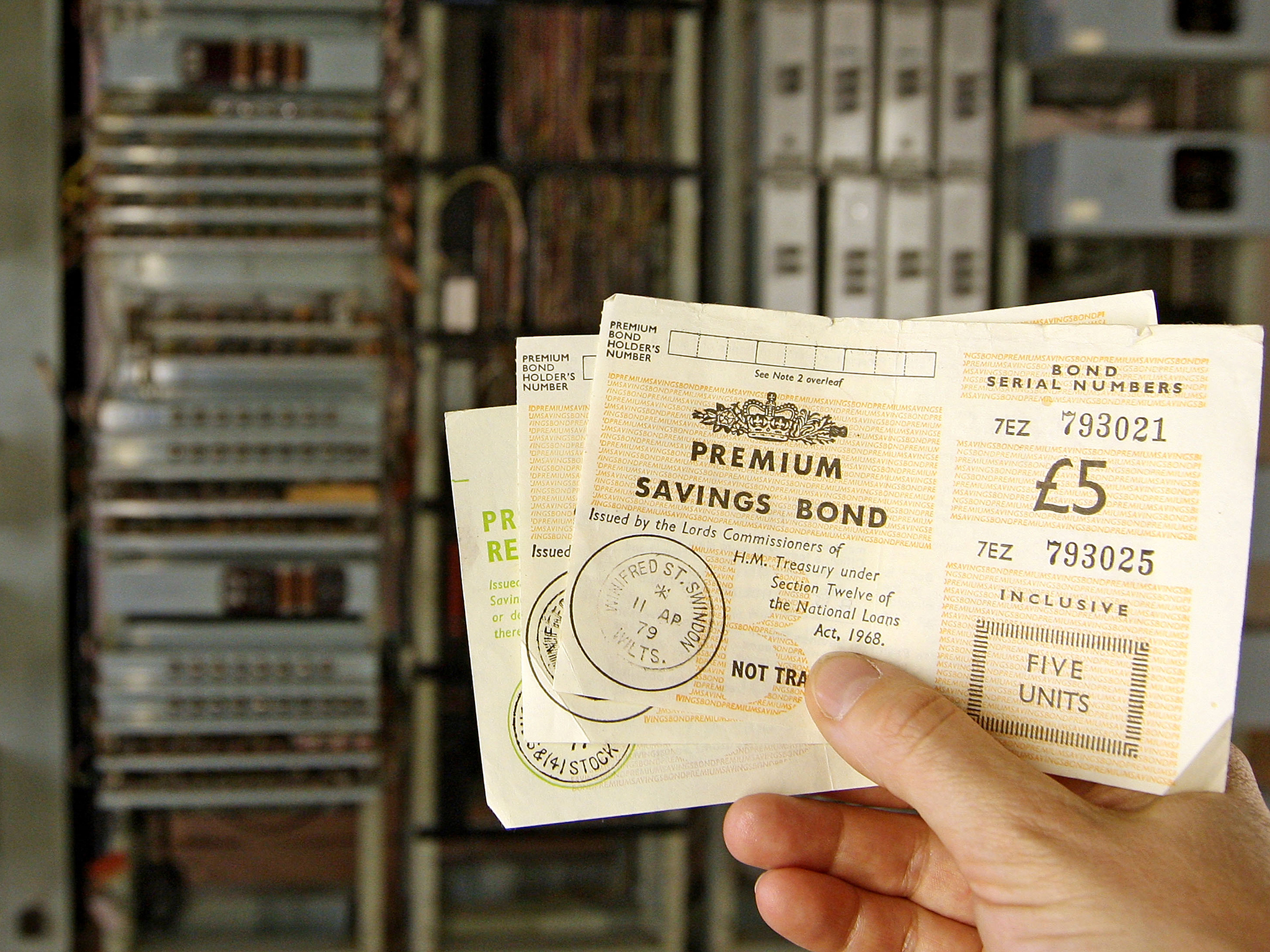EU roaming charges scrapped from today
Legislation puts an end to unexpected bills for holidaymakers using their mobile phones - but will it survive Brexit?

A free daily email with the biggest news stories of the day – and the best features from TheWeek.com
You are now subscribed
Your newsletter sign-up was successful
Holidaymakers in the EU and other European countries will from today be able to use their mobile phone without being hit by unexpected bills for roaming charges.
Under new legislation, travellers can now use their normal allowance of free calls, texts and data anywhere in the bloc at no extra cost.
Providers' plans generally include more than 40 destinations, including all of the 28 EU countries, European Free Trade Area countries Norway, Iceland, Liechtenstein and Switzerland and most of the overseas territories of these countries.
The Week
Escape your echo chamber. Get the facts behind the news, plus analysis from multiple perspectives.

Sign up for The Week's Free Newsletters
From our morning news briefing to a weekly Good News Newsletter, get the best of The Week delivered directly to your inbox.
From our morning news briefing to a weekly Good News Newsletter, get the best of The Week delivered directly to your inbox.
"So-called 'bill shock' from holidaying in the EU affected more than nine million UK mobile users a year," says the Daily Telegraph.
However, consumer group Which? says Britons abroad could still pay extra costs despite the legislation.
"It is important that you take a close look at what is or isn't included in your current mobile deal," the organisation's Alex Neill warned.
"Not knowing what's included in your tariff could lead to some surprising charges on your next bill."
A free daily email with the biggest news stories of the day – and the best features from TheWeek.com
However, it remains unclear if Brexit will reverse this "hard-won victory" for consumers, says The Guardian.
"Legally, there would be nothing to stop the networks reintroducing roaming fees once the UK leaves the EU," the newspaper's Miles Brignell reports.
"Politically, though, they might struggle to bring back charges under a government keen to be seen to be making Brexit a success."
-
 The Olympic timekeepers keeping the Games on track
The Olympic timekeepers keeping the Games on trackUnder the Radar Swiss watchmaking giant Omega has been at the finish line of every Olympic Games for nearly 100 years
-
 Will increasing tensions with Iran boil over into war?
Will increasing tensions with Iran boil over into war?Today’s Big Question President Donald Trump has recently been threatening the country
-
 Corruption: The spy sheikh and the president
Corruption: The spy sheikh and the presidentFeature Trump is at the center of another scandal
-
 The ETA: how new UK travel rules may affect you
The ETA: how new UK travel rules may affect youThe Explainer Full roll-out of Britain's new travel scheme is designed to be easy, but some have already faced problems
-
 The EU’s new Entry/Exit System: how new European travel rules may affect you
The EU’s new Entry/Exit System: how new European travel rules may affect youThe Explainer Britons will eventually have to pay for a visa waiver as part of the new European Union border checks
-
 Brits keeping 21 million ‘money secrets’ from friends and family, survey reveals
Brits keeping 21 million ‘money secrets’ from friends and family, survey revealsSpeed Read Four in ten people admit staying quiet or telling fibs about debts or savings
-
 London renters swap cramped flats for space in suburbia
London renters swap cramped flats for space in suburbiaSpeed Read New figures show tenants are leaving Britain's cities and looking to upsize
-
 Should the mortgage holiday scheme have been extended?
Should the mortgage holiday scheme have been extended?Speed Read Banks warn that some homeowners may struggle to repay additional debt
-
 RBS offers coronavirus mortgage holidays
RBS offers coronavirus mortgage holidaysSpeed Read Taxpayer-owned bank follows measures taken in virus-struck Italy
-
 What are the changes to National Savings payouts?
What are the changes to National Savings payouts?Speed Read National Savings & Investments cuts dividends and prizes for bonds
-
 China clears path to new digital currency
China clears path to new digital currencySpeed Read Unlike other cryptocurrencies, Beijing’s would increase central control of the financial system